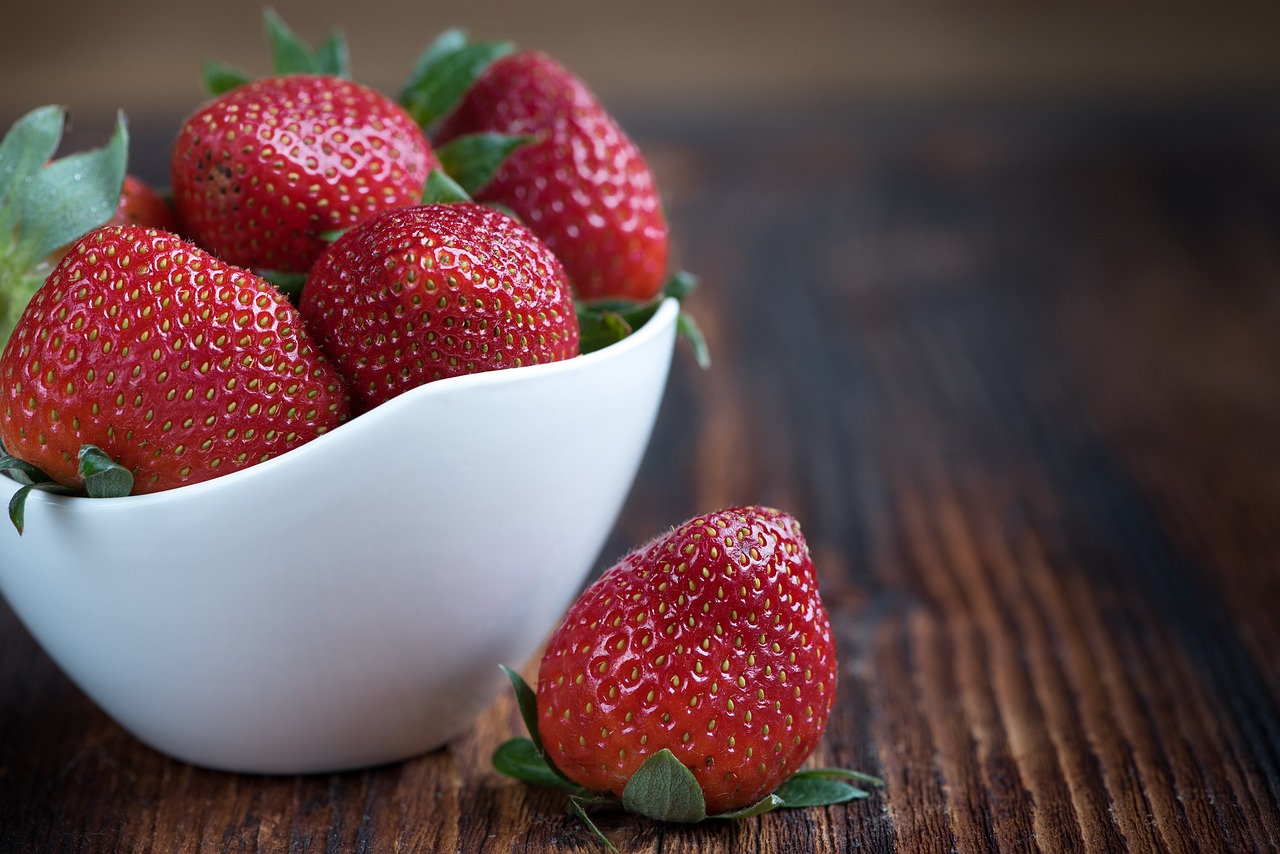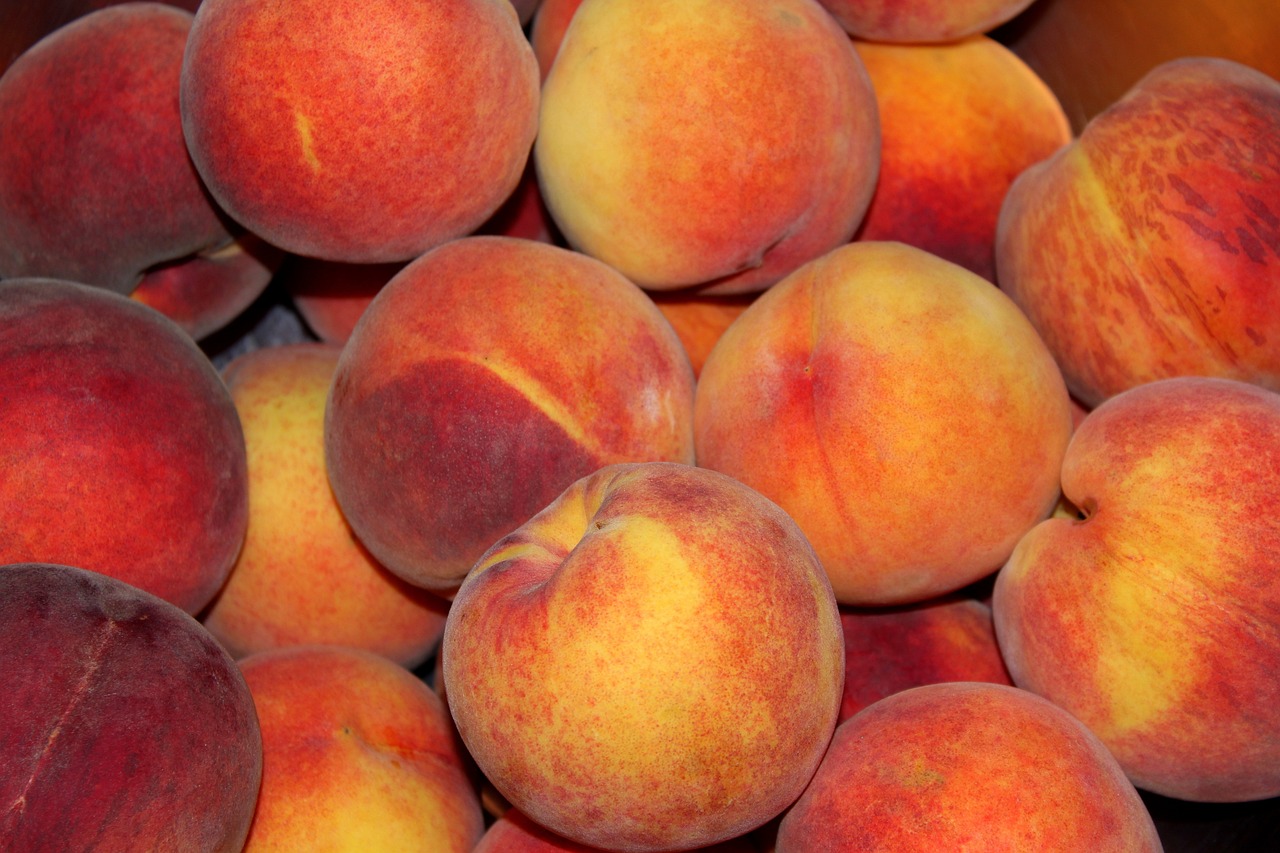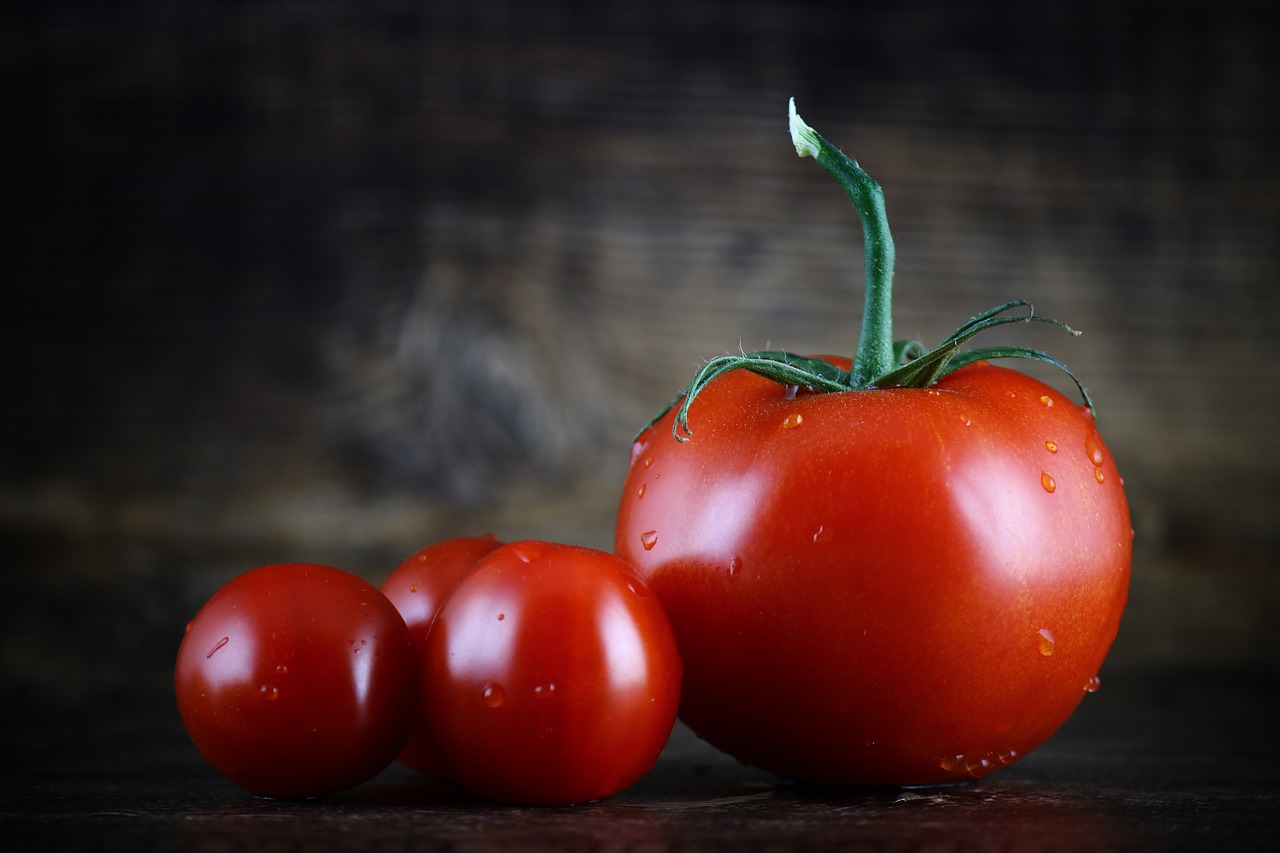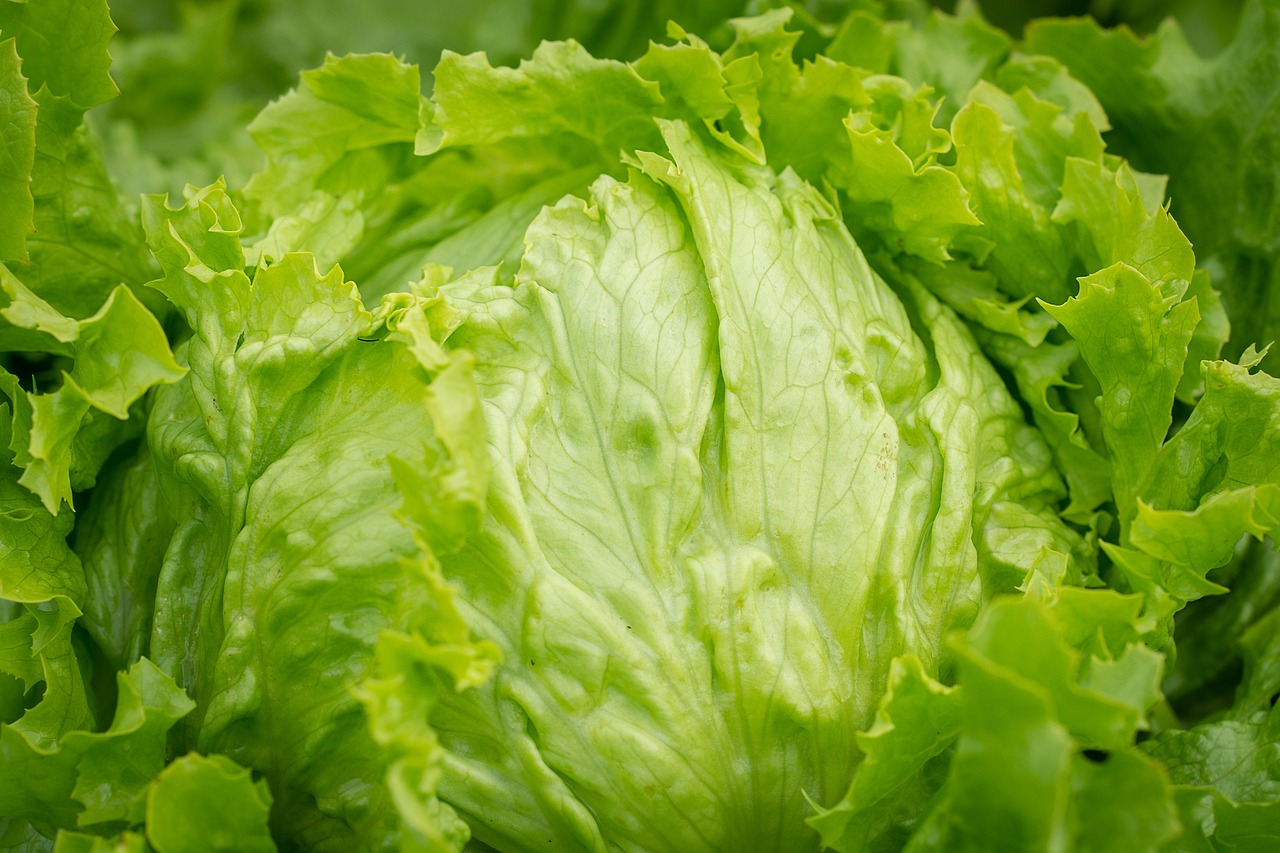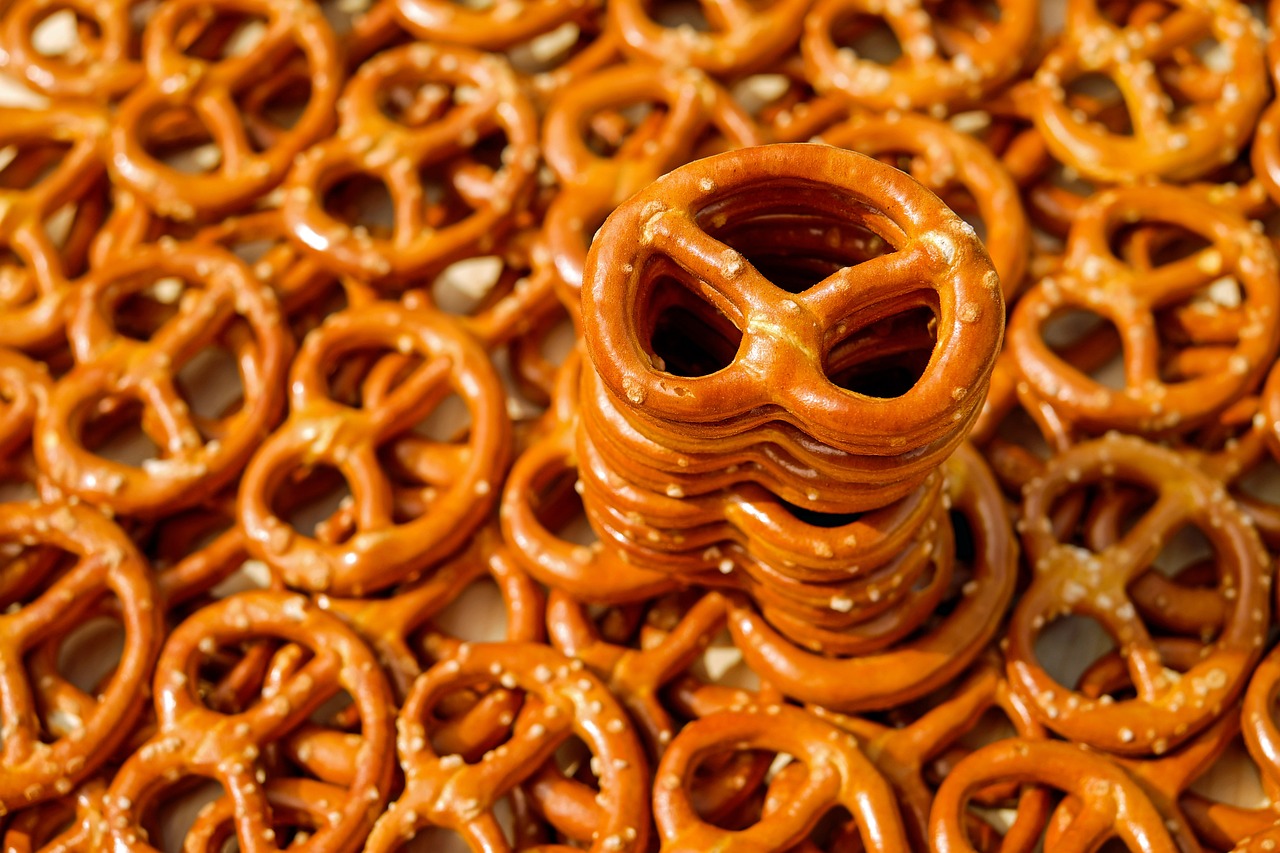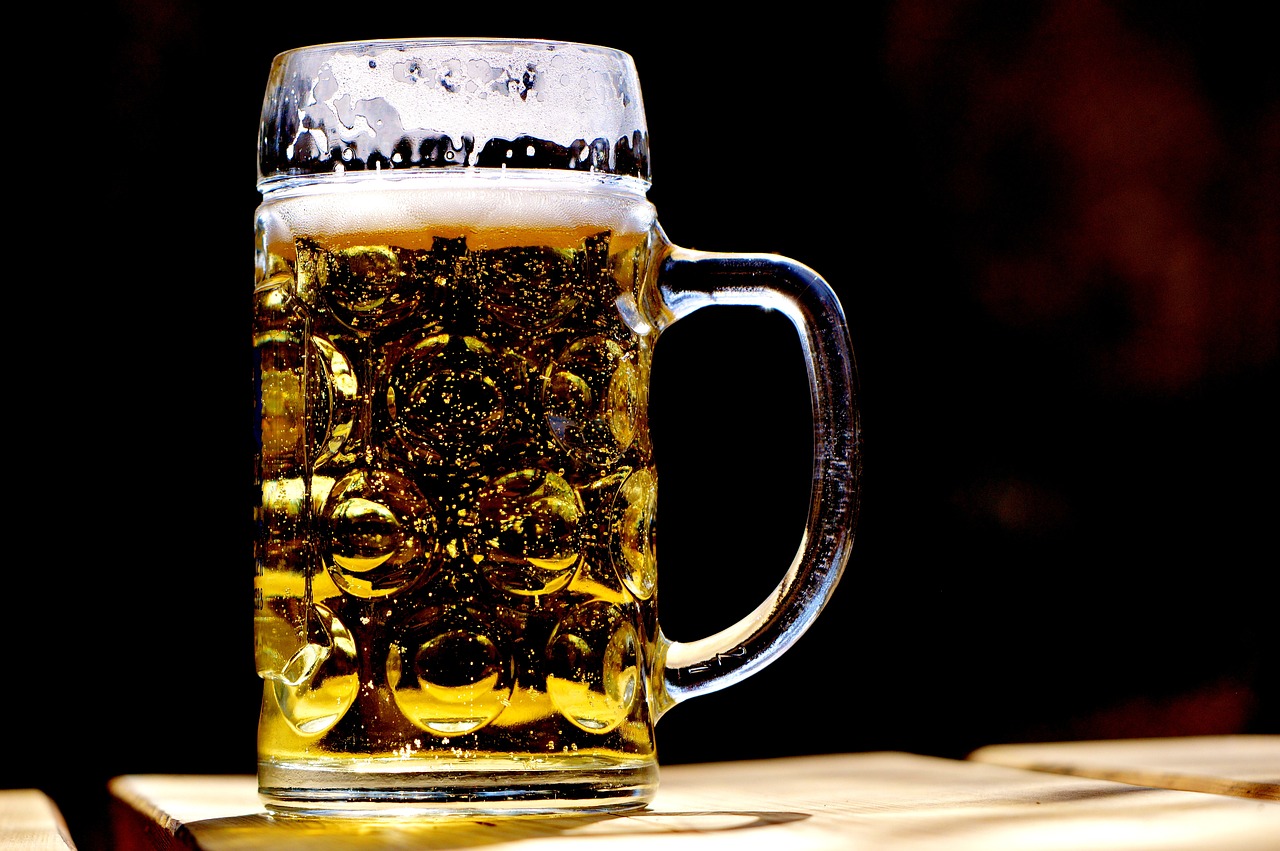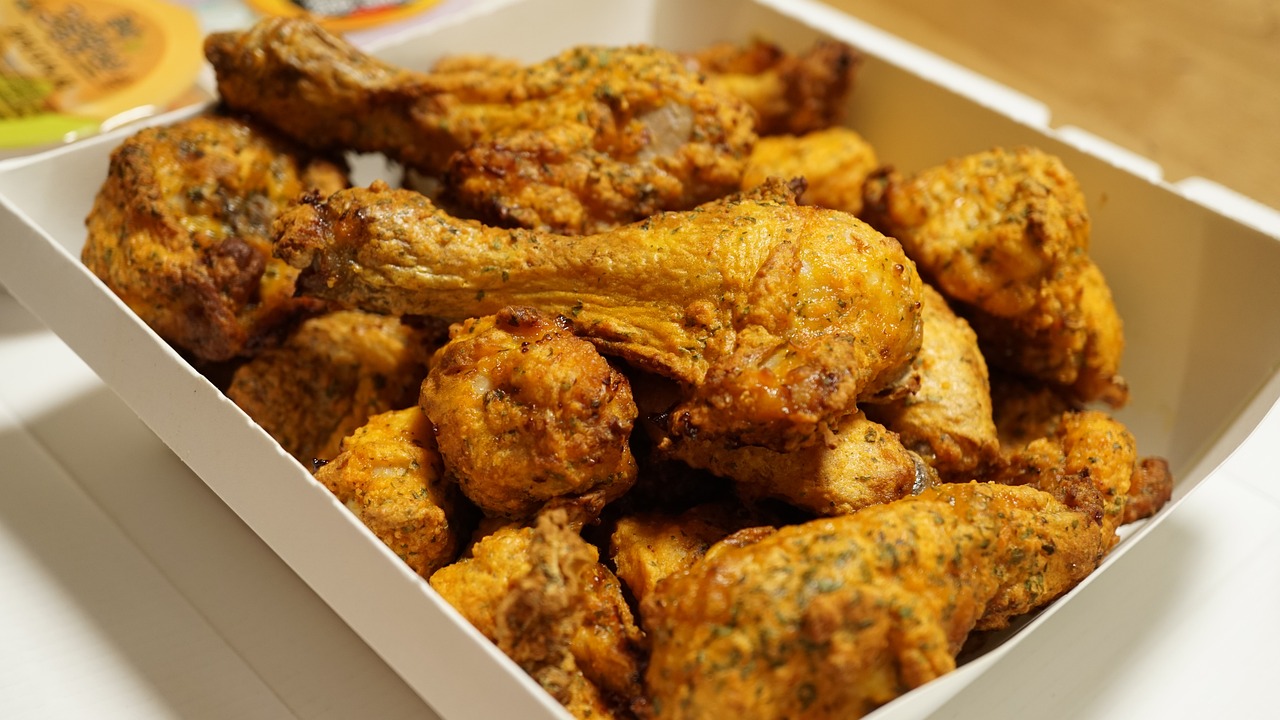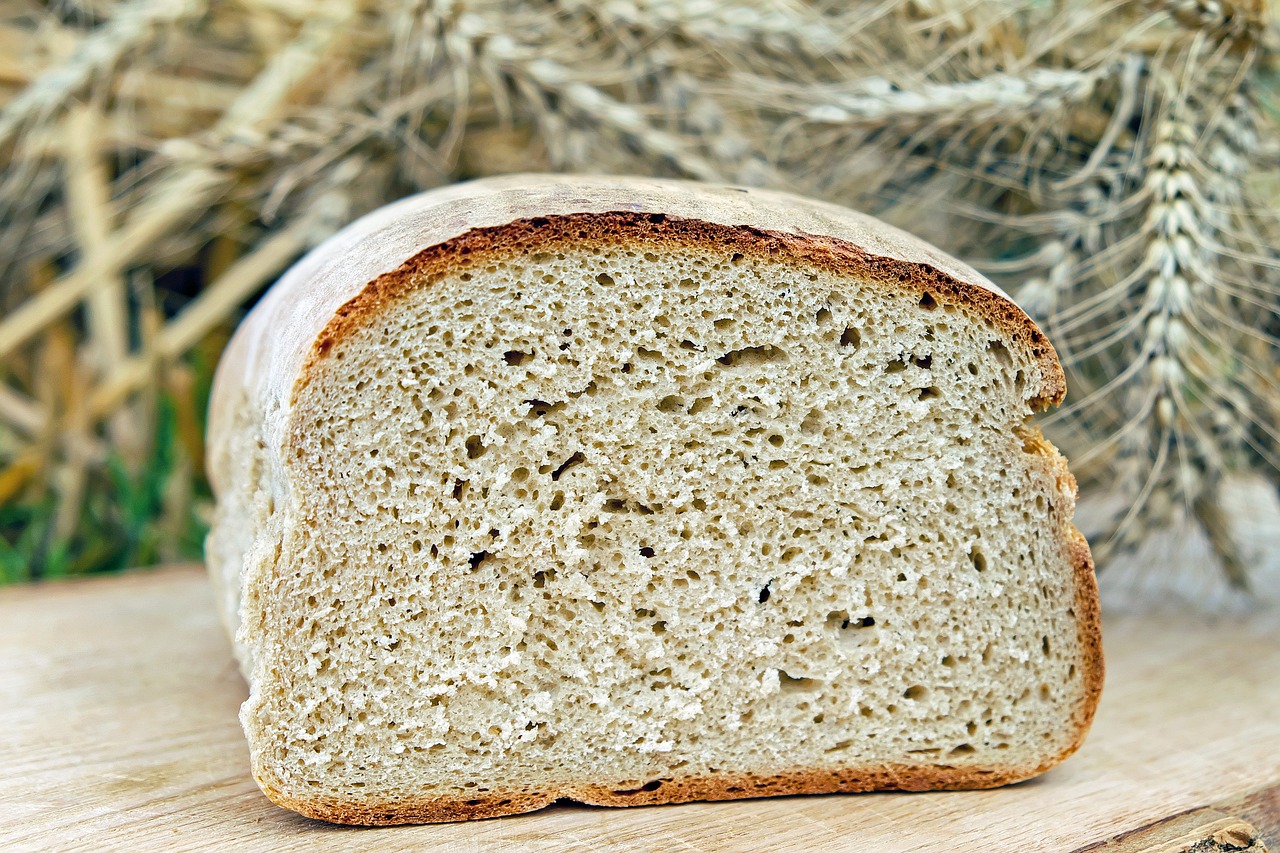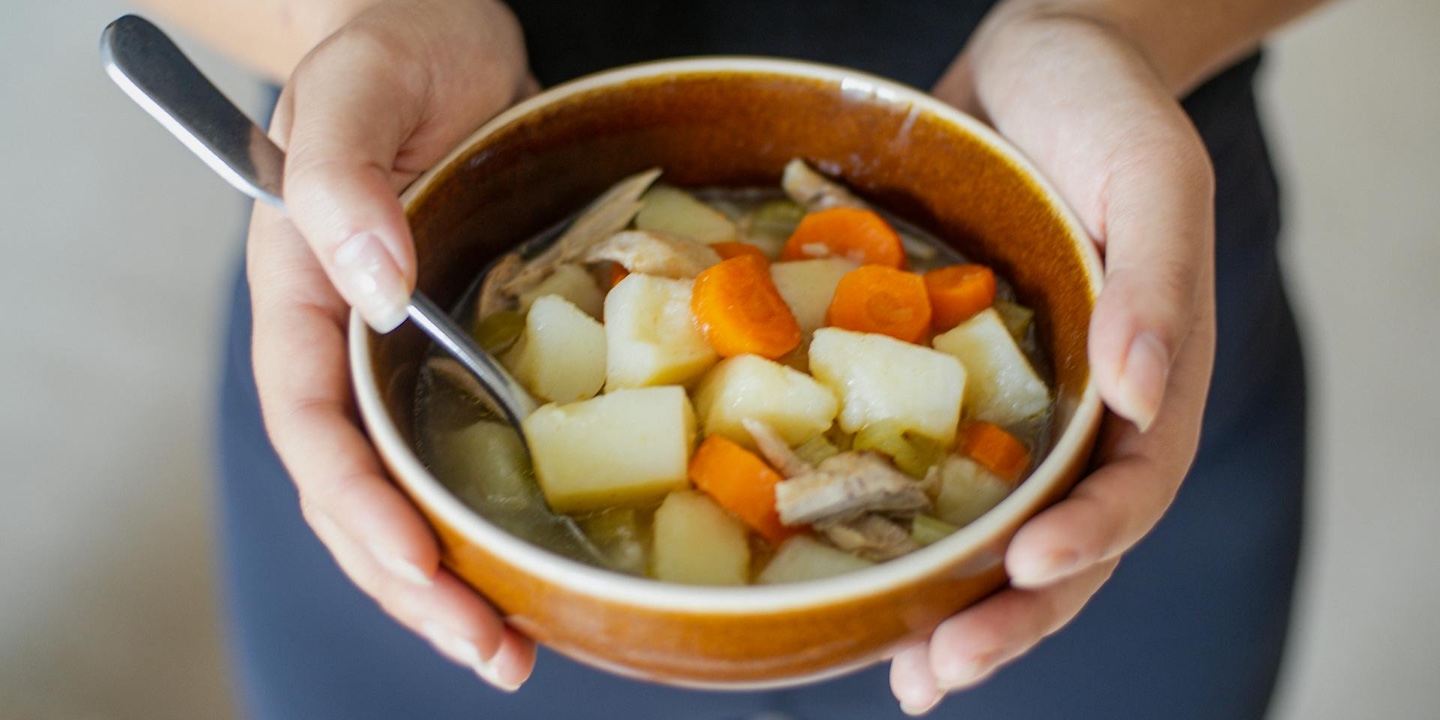While drinking water is the most direct way to stay hydrated, many foods can also significantly boost your hydration levels. These foods are not only packed with water but also vitamins, minerals, and antioxidants, making them a delicious and nutritious way to keep your water intake up. Here are the 15 most hydrating foods that will help you stay refreshed and vibrant.
1. Cucumbers
Cucumbers are the number one hydration-station food. They have a water content of over 95%. That's almost as good as just drinking water! This crunchy vegetable is not just water-rich but it's also abundant in essential nutrients like vitamin K, magnesium, and potassium. Adding cucumbers to your salads, sandwiches, or having them as a snack with hummus is a surefire way to boost your hydration.
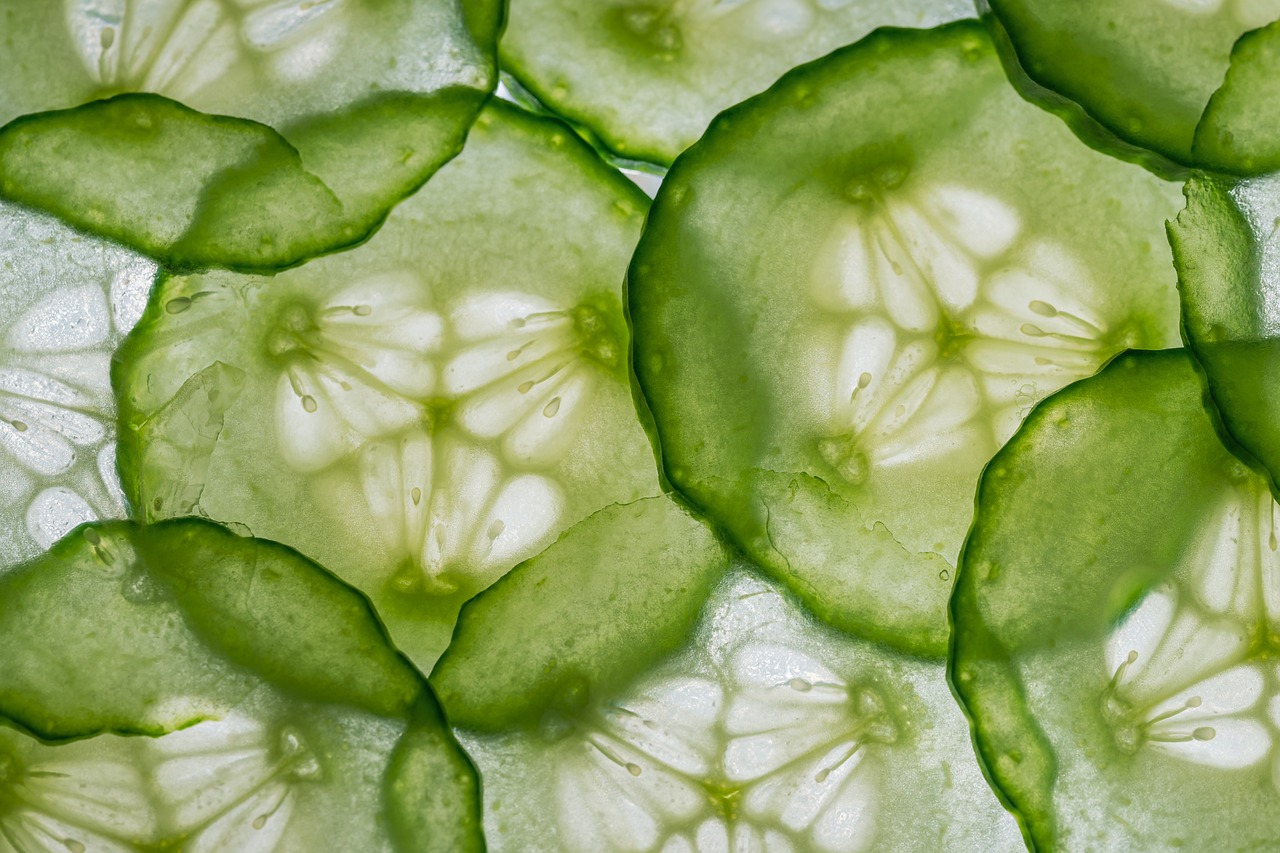 Image by Kai Reschke from Pixabay
Image by Kai Reschke from Pixabay
2. Celery
Celery is another top-notch choice for hydration, with a water content that also exceeds 95%. It's low in calories but high in fibre, making it a perfect snack for those looking to stay hydrated without adding many calories. You can add it to your soups, salads, veggie platters and more. Celery also provides a good dose of vitamins A, K, and C, and minerals like potassium.
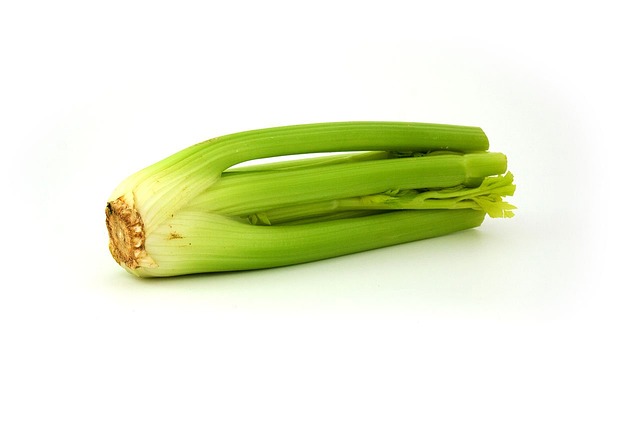 Image by PublicDomainPictures from Pixabay
Image by PublicDomainPictures from Pixabay
3. Watermelon
Watermelon is the quintessential summer fruit for a reason—it's incredibly hydrating and refreshing, with about 92% water content. You can add it to your water or if you have a juicer at home, juice it! Add some min and you're good to go. It's also a good source of vitamins A, C, and some antioxidants like lycopene, which is linked to heart health and sun protection. Whether eaten on its own or added to a fruit salad, it's a delicious way to stay hydrated.
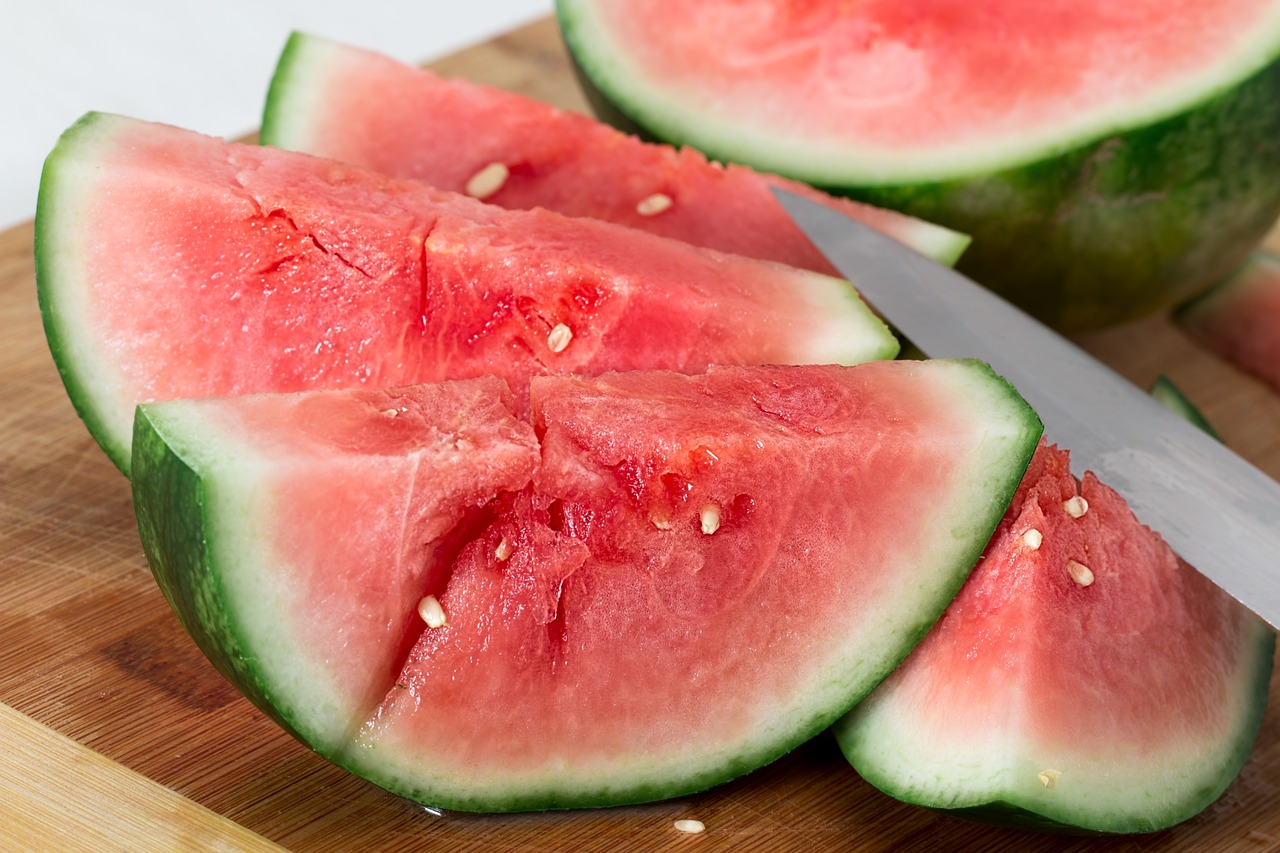 Image by Steve Buissinne from Pixabay
Image by Steve Buissinne from Pixabay
4. Strawberries
Strawberries are not only delicious but also boast a high water content of around 91%. They are rich in vitamins C and K, fiber, and antioxidants, making them great for your skin and overall health. Strawberries are a versatile fruit you can enjoy in smoothies, desserts, in a fruit salad, or simply on their own. Plus, they can add a burst of colour and nutrition to your breakfast cereal or yogurt.
5. Peaches
Peaches offer a juicy and fragrant way to stay hydrated, with an 89% water content. They're also a good source of vitamins A and C, antioxidants, and fiber. Peaches can be eaten fresh, grilled, or added to salads and desserts for a sweet, succulent flavour. They also pair great with sangria on a warm summer evening!
6. Oranges
Oranges are not just a powerhouse of vitamin C but are also incredibly hydrating, with about 86% water content. They also provide potassium and B vitamins, contributing to overall health and hydration. Eating oranges or drinking fresh orange juice is a refreshing way to quench your thirst and boost your vitamin intake.
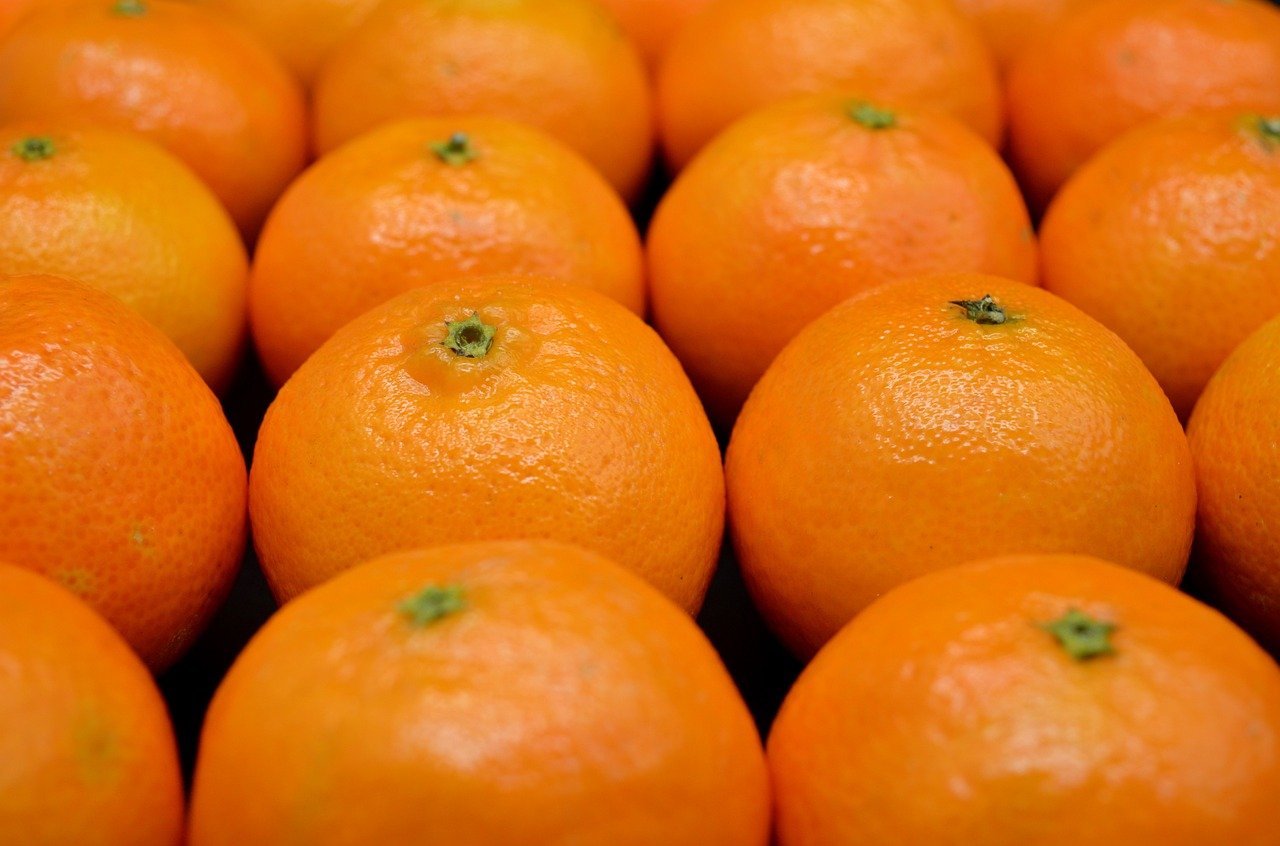 Image by Frauke Riether from Pixabay
Image by Frauke Riether from Pixabay
7. Grapefruit
Grapefruit, with its tangy and slightly bitter taste, is another citrus fruit that's great for hydration, containing about 88% water. It's also rich in vitamins A and C, antioxidants, and may even help in weight loss and reducing insulin levels. Whether in a fruit salad or on its own, it's a zesty addition to your hydration routine.
8. Tomatoes
Tomatoes are a versatile food with a water content of around 94%. They're a great source of vitamins C and K, potassium, and lycopene. Tomatoes can be enjoyed in a variety of ways—raw in salads, cooked in sauces and soups, or as a refreshing snack. They're so versatile, you could go almost anywhere in the world and find a tomato!
9. Zucchini
Zucchini is a summer squash with a water content of over 94%, making it another excellent food for hydration. It's also a good source of vitamins A and C, magnesium, and fibre. Zucchini can be eaten raw, grilled, sautéed, or baked into dishes.
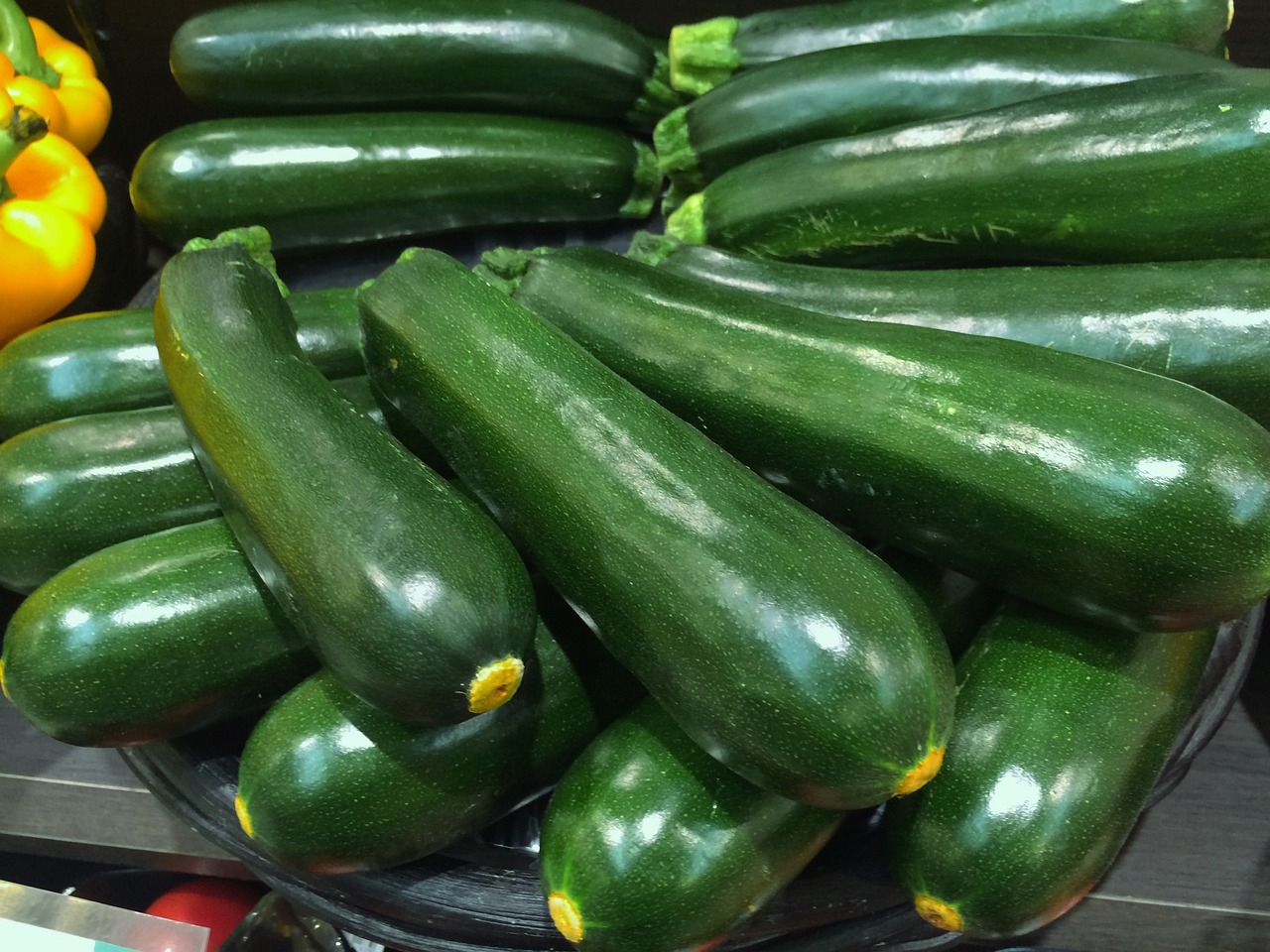 Image by マサコ アーント from Pixabay
Image by マサコ アーント from Pixabay
10. Lettuce
Lettuce, particularly iceberg lettuce, tops the charts with a water content of about 96%. It has a bad reputation for being the least nutrient-dense leafy-green, but it's a great low-calorie option for adding volume and hydration to your meals. Lettuce is a staple in salads but can also be used in wraps, sandwiches, and as a garnish.
On the opposite end of the spectrum, it's equally important to be aware of foods that might contribute to dehydration. Here are 15 foods that are known for their dehydrating effects, reminding us to balance our diets and hydration levels wisely.
1. Salty Snacks
Salty snacks like chips, pretzels, and crackers are high in sodium, which can lead to dehydration by pulling water out of your cells. The salty taste is super addicting and you're bound to find yourself craving more but be cautious and remember to drink plenty of water. They're delicious and convenient but should be enjoyed in moderation, especially during hot weather or when water isn't readily available.
2. Processed Meats
Processed meats such as bacon, sausage, and deli slices are loaded with salt and preservatives, contributing to dehydration and increased thirst. The high sodium content can affect your body's fluid balance, making it crucial to drink more water if these foods are part of your meal. Opting for lower sodium versions can also be a healthier choice.
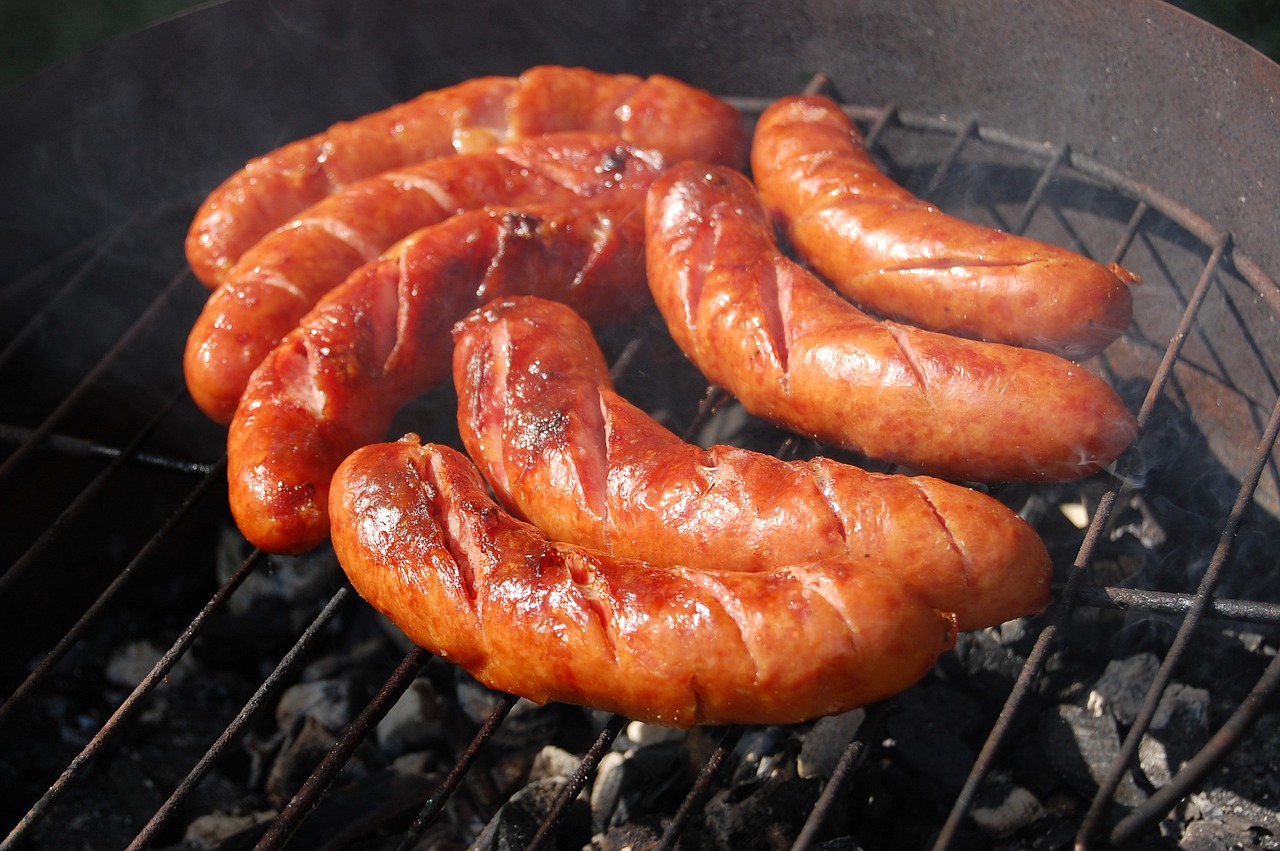 Image by Michal Jarmoluk from Pixabay
Image by Michal Jarmoluk from Pixabay
3. Caffeinated Beverages
Caffeinated beverages like coffee, tea, and certain soft drinks can increase urine production and can lead to dehydration if consumed in large amounts. While a moderate intake is generally fine for most people, it's important to balance your caffeine consumption with plenty of water throughout the day. Switching to decaffeinated versions or herbal teas can also help maintain hydration levels.
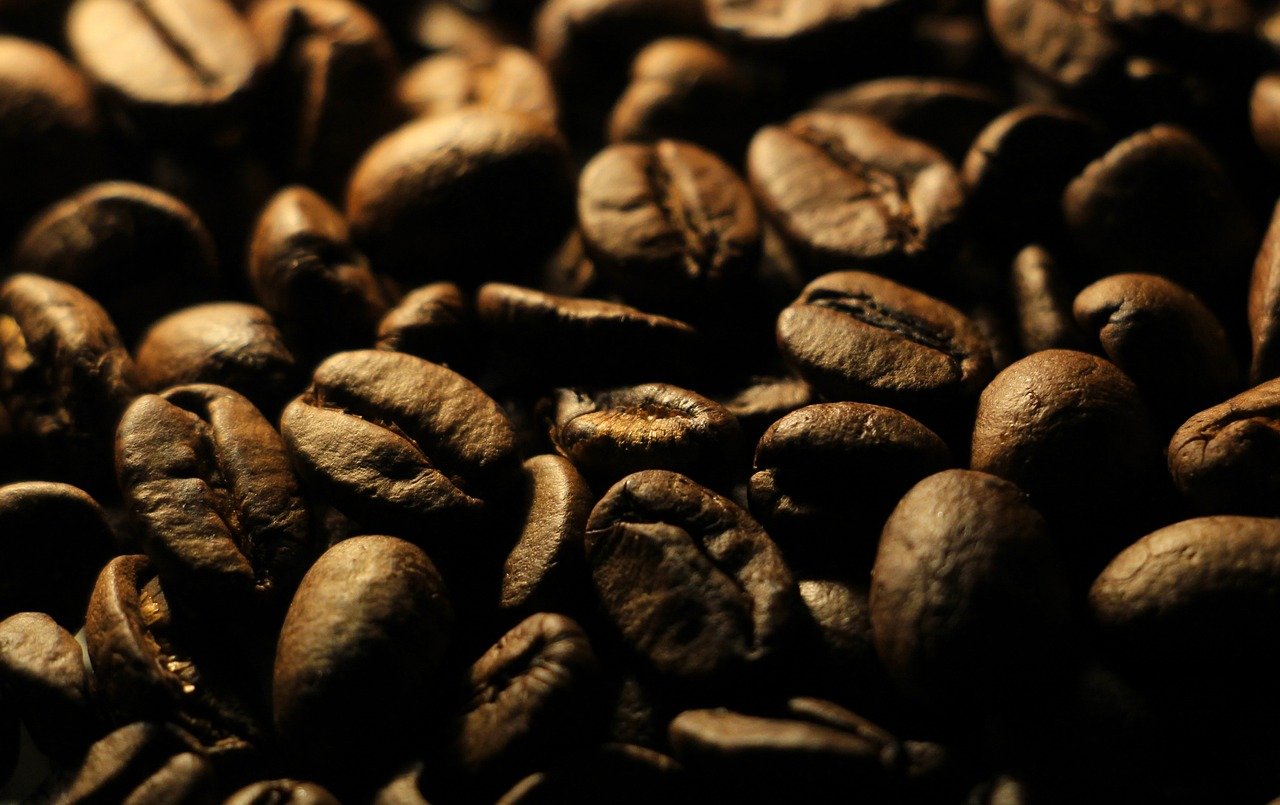 Image by Gosia K. from Pixabay
Image by Gosia K. from Pixabay
4. Alcoholic Drinks
Alcohol is a well-known diuretic that can significantly contribute to dehydration. The more alcohol consumed, the more water your body loses, leading to dehydration and its accompanying symptoms like thirst, dizziness, and dry mouth.
5. High-Protein Foods
While protein is an essential part of a balanced diet, consuming high amounts, especially from sources like red meat, can increase your body's need for water. The process of metabolizing protein requires more water. It's crucial to increase water intake when consuming a high-protein diet to support your body's hydration needs. Including a variety of protein sources and hydrating foods can also help.
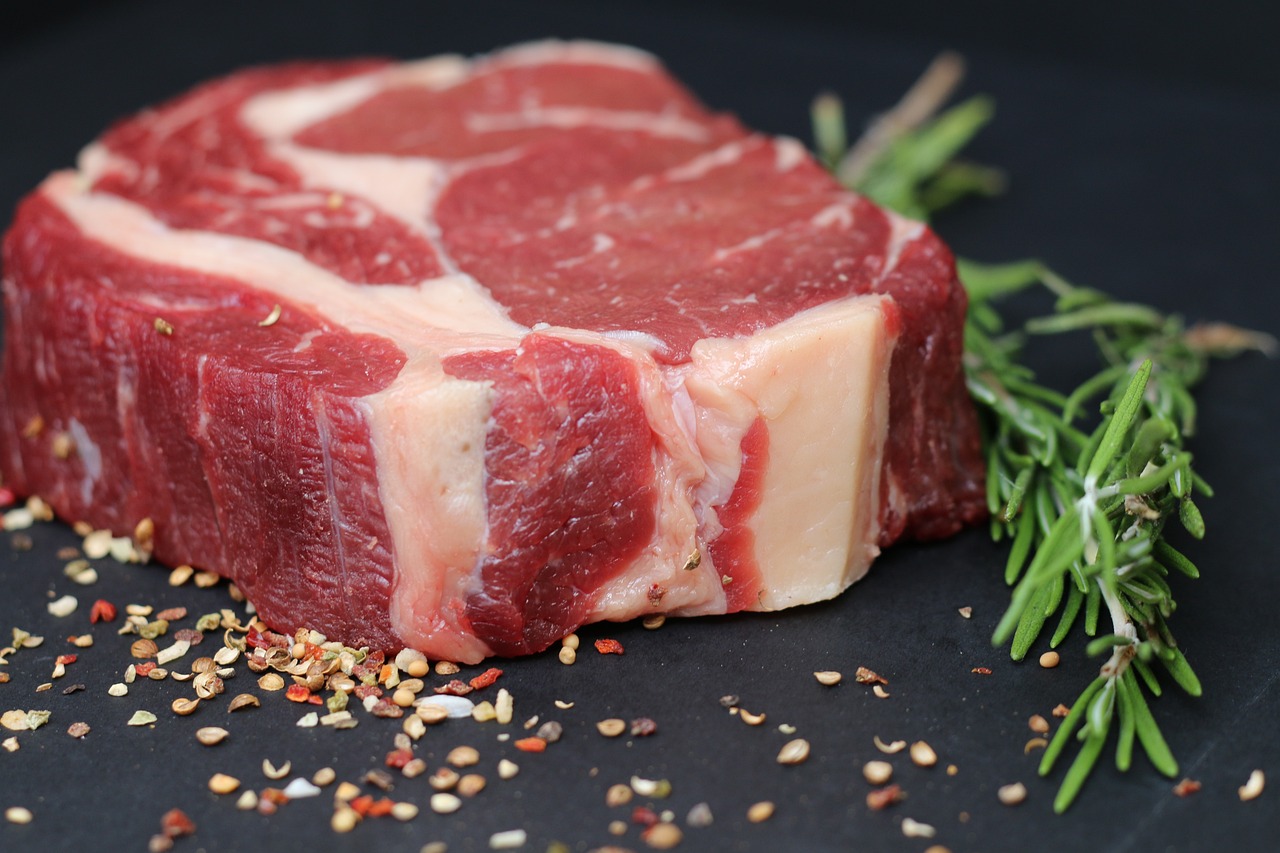 Image by tomwieden from Pixabay
Image by tomwieden from Pixabay
6. Spicy Foods
Spicy foods containing capsaicin can make you feel thirsty because they raise your body temperature, prompting sweat production. This can lead to minor dehydration, especially if you're not accustomed to spicy cuisine. Enjoying spicy dishes with a glass of water or milk can help mitigate the heat and maintain hydration.
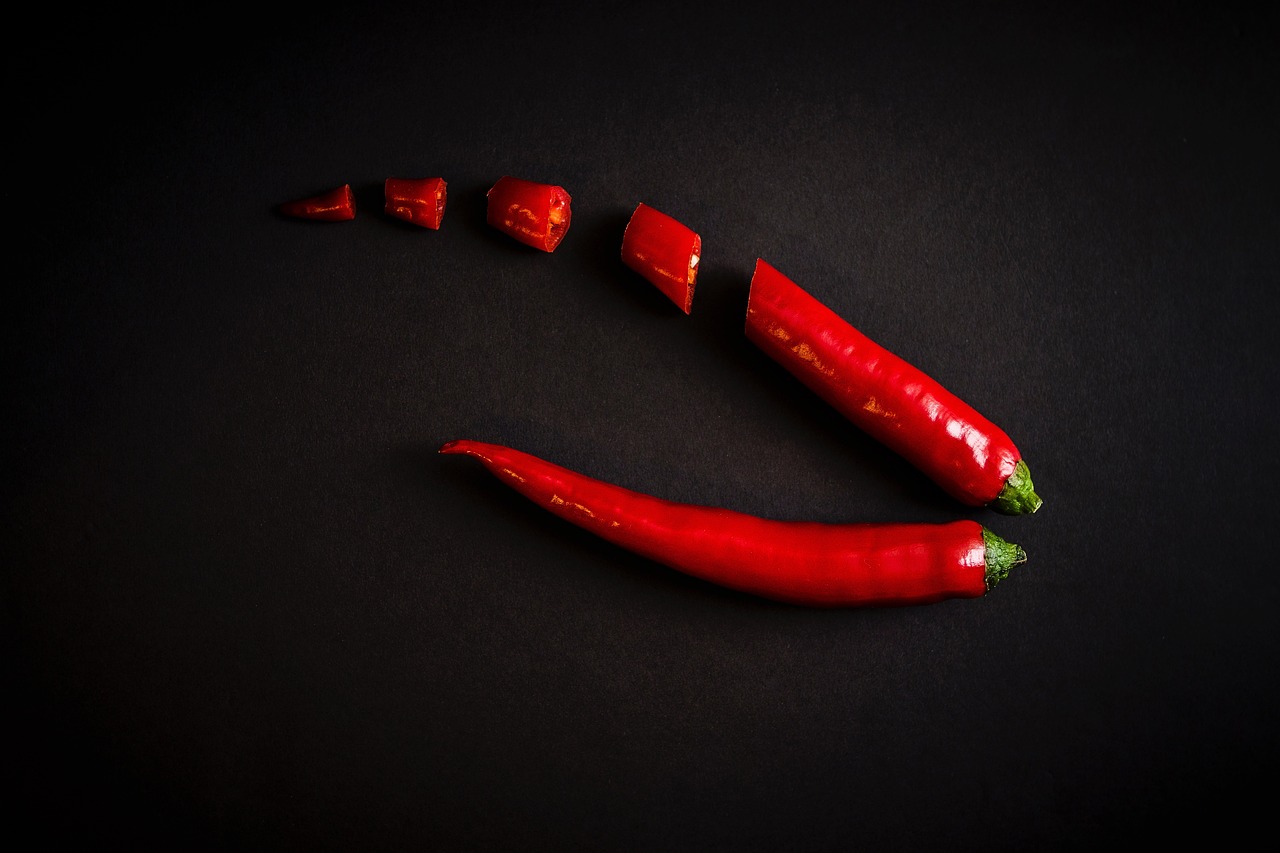 Image by StockSnap from Pixabay
Image by StockSnap from Pixabay
7. Fried Foods
Fried foods are high in fat and often contain salt, both of which can contribute to dehydration. The process of digestion for fatty foods requires more water, which can divert hydration away from other bodily functions. While delicious, it's best to consume these treats in moderation and with plenty of water to ensure they don't impact your hydration status negatively. Opting for baked or grilled versions can also be a healthier and less dehydrating choice.
8. Sugary Snacks
Sugary snacks and desserts, such as candies, pastries, and cookies, can lead to dehydration through a somewhat indirect mechanism. High sugar intake can increase blood sugar levels, leading to increased urine production as the body tries to expel the excess sugar.
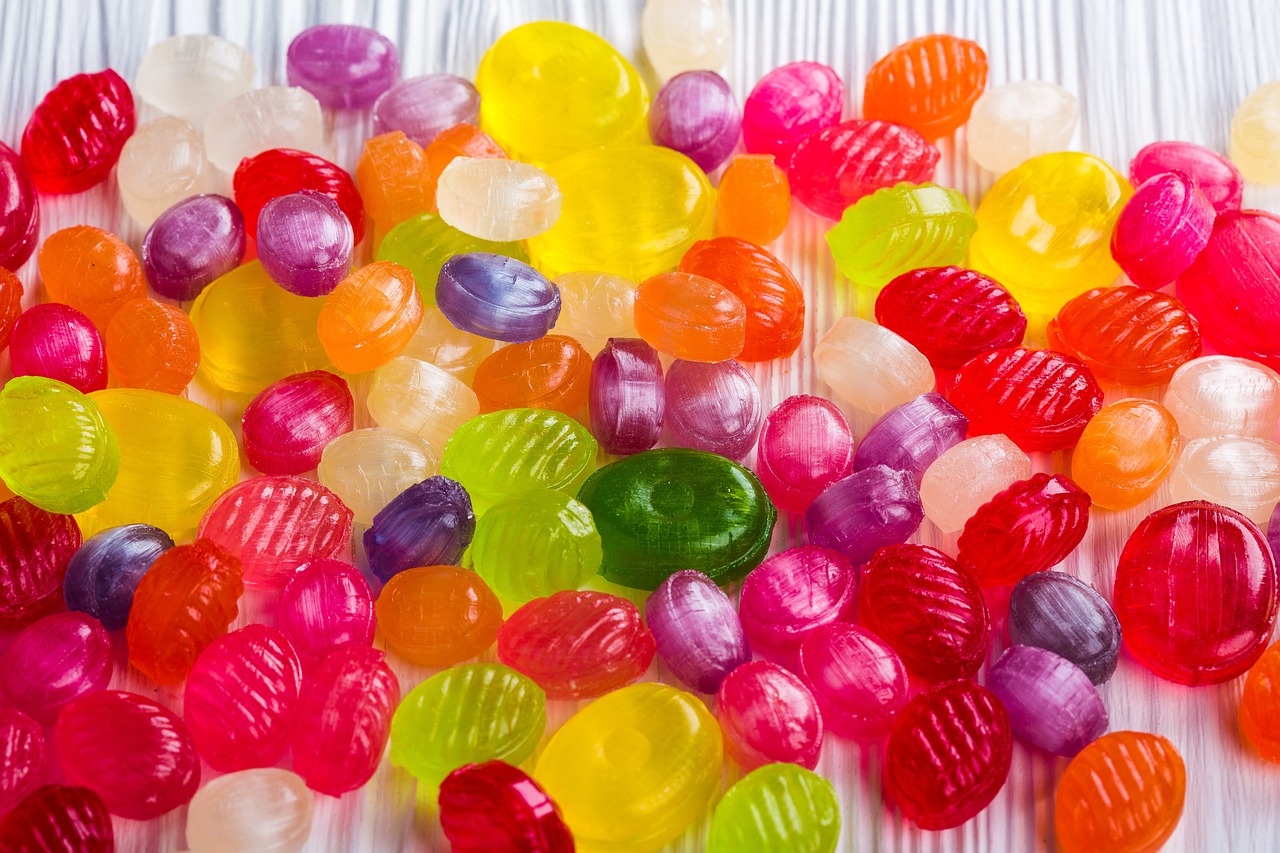 Image by Дарья Яковлева from Pixabay
Image by Дарья Яковлева from Pixabay
9. White Bread and Pastas
White bread, pastas, and other refined carbohydrates can have a mild dehydrating effect due to their low fiber content. While these foods won't dehydrate you on their own, balancing them with high-fiber, water-rich foods can help maintain optimal hydration and digestive health.
10. Condiments and Sauces
Many condiments and sauces, such as soy sauce, barbecue sauce, and ketchup, are high in sodium, which can contribute to dehydration by increasing your body's need for water. While they add flavour to our meals, it's wise to use them sparingly, especially if you're prone to dehydration or if it's particularly hot outside
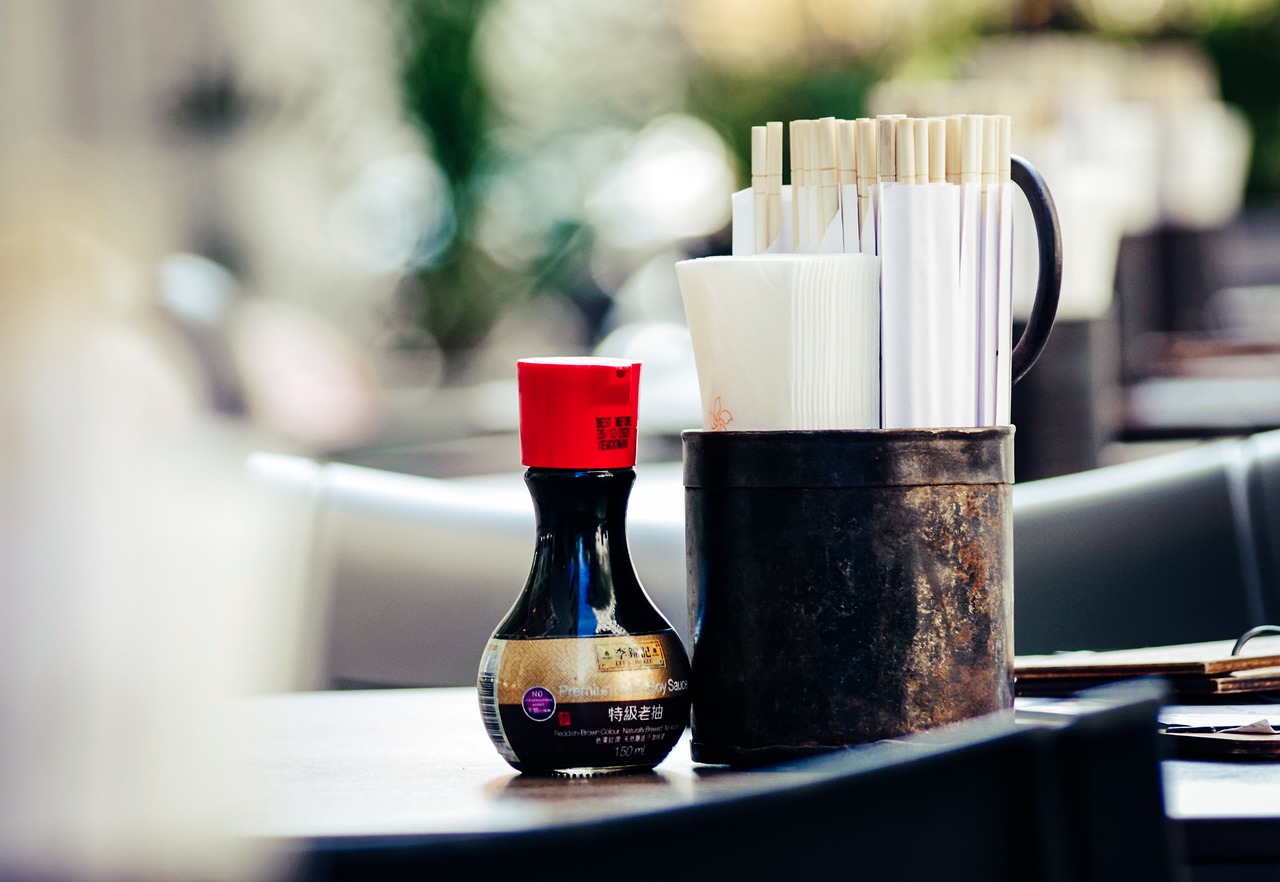 Image by wal_172619 from Pixabay
Image by wal_172619 from Pixabay
KEEP ON READING

Why Americans Are Addicted to Drive-Thrus
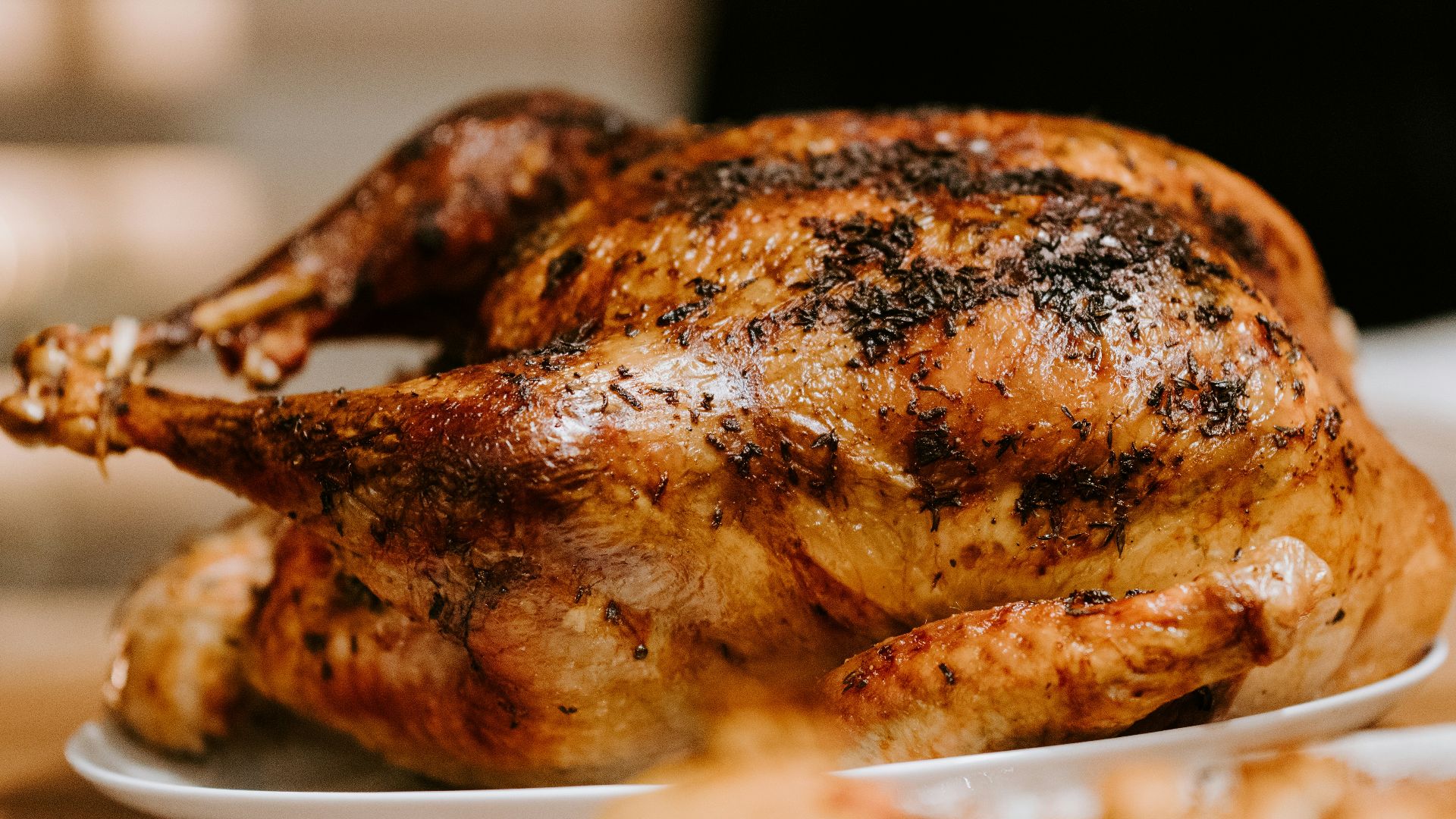
Turkey Or Ham: How To Choose The Best Christmas Dish

Why The Pot Roast Was A '50s Dinner Staple



